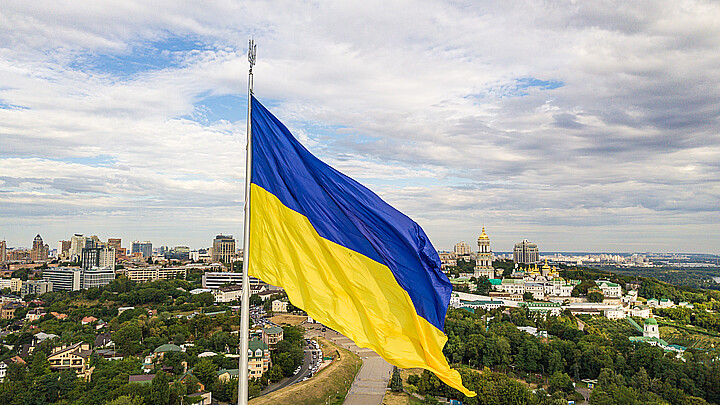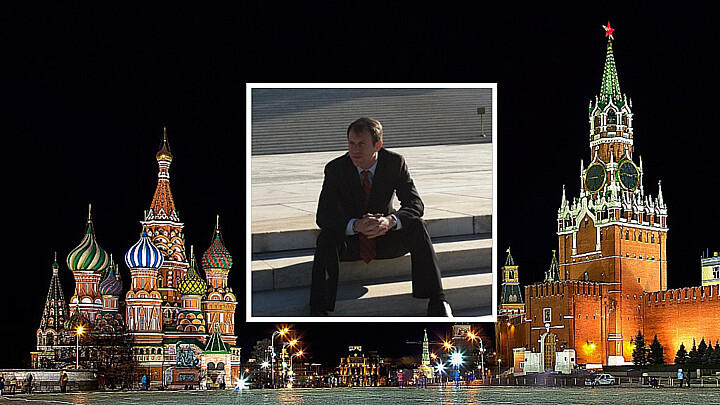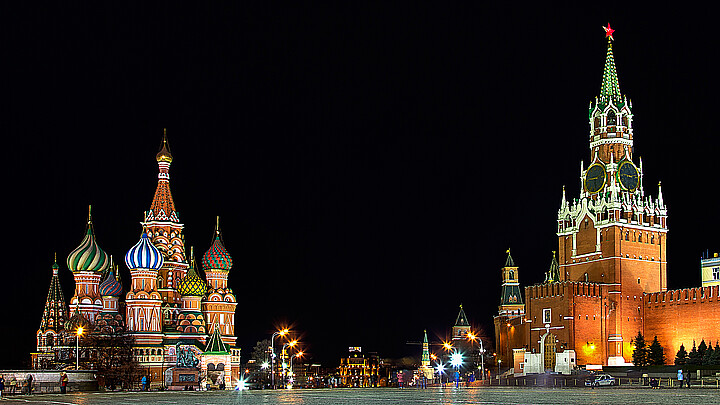Human Rights
Latvia will tear down almost 300 Soviet monuments amid Ukraine invasion
Riding a wave of anger over Russia’s invasion of Ukraine, Latvian lawmakers voted in May to approve an amendment to a 1994 agreement between Latvia and Russia on the preservation of Soviet-era monuments that mandated the demolition of “all objects glorifying the Soviet and Nazi regimes.”
July 4, 2022 7:40am
Updated: July 4, 2022 12:41pm
Latvia, a Baltic country forcibly incorporated into the Soviet Union following World War II, is set to demolish monuments nearly 300 left by its former rulers.
The Soviet Union erected many of the monuments to celebrate the Russian victory over Nazi Germany, but most modern Latvians see them as reminders of the occupation that followed.
The largest and most controversial monument is the in Victory Park, in the heart of Latvia’s capital Riga, which includes a 249-foot (76 meter) obelisk, a female statue representing the Soviet motherland, and three Red Army soldiers.
Built in 1985, the Monument to the Liberators of Soviet Latvia and Riga from the German Fascist Invaders was unsuccessfully bombed in 1997 by Latvian ultra-nationalists, with two dying in the attempt.
Latvia’s large ethnic Russian minority use the site, known colloquially as the Victory Memorial, to celebrate the Soviet victory over Nazi Germany on May 9th every year. These gatherings have gathered up to 250,000 people, nearly half the population, according to The Times.
Riding a wave of anger over Russia’s invasion of Ukraine, Latvian lawmakers voted in May to approve an amendment to a 1994 agreement between Latvia and Russia on the preservation of Soviet-era monuments that mandated the demolition of “all objects glorifying the Soviet and Nazi regimes.”
Historians finished compiling the list of monuments that will be torn down this week, reported The Times of London on Friday.
“Undoubtedly there will be people who are deeply hurt by this and there could well be protests,” Daunis Auers, associate professor of comparative politics at the University of Latvia, told The Times.
“But in the long term it will get rid of this very visible division in Latvian society.”
About a third of the country’s people speak Russian as a first language and maintain Russia-oriented institutions like schools, media and political parties affiliated with Vladimir Putin’s United Russia.
Polling showed that most Russian speakers do not support the war in Ukraine, but “significant numbers support Putin,” according to The Times.









